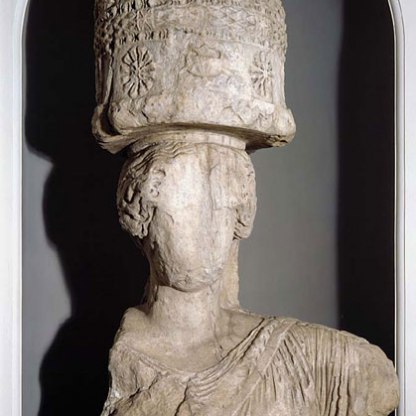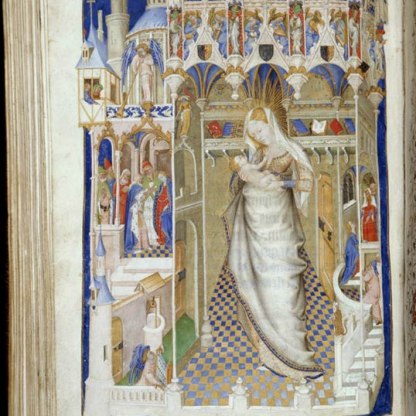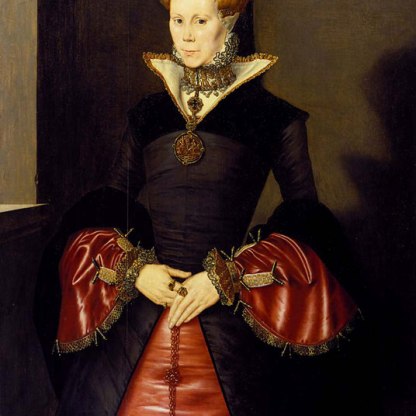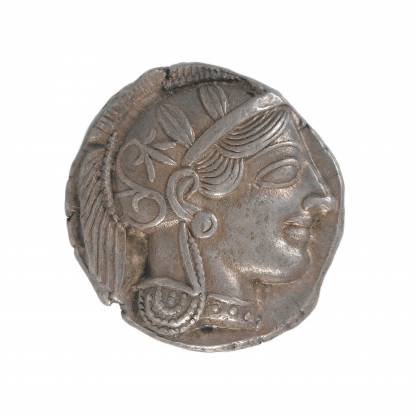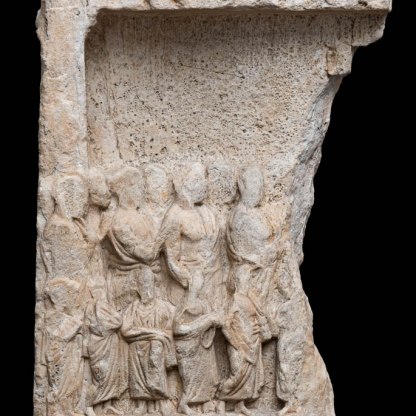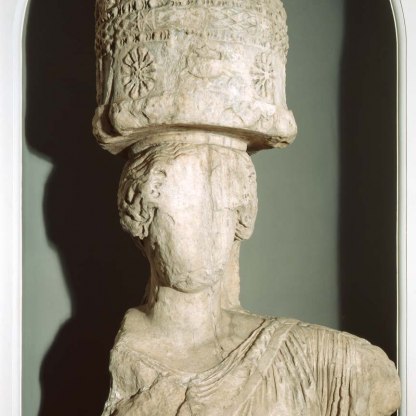Eleusis: Myth and Mysteries
I begin to sing of richhaired Demeter ...
Thus begins the so-called 'Homeric Hymn to Demeter', composed c. 600 BCE. It is the fullest early account of the corn goddess’s dealings with Eleusis and it came to be regarded as the official story of her cult.
The hymn tells how Persephone, Demeter's ‘slender-ankled’ daughter, is kidnapped by Hades, the god of the Underworld, with the connivance of his brother, Zeus. In fury and grief, Demeter leaves Mount Olympus, the home of the gods, and wanders Greece, mourning the loss of her beloved daughter. When she reaches Eleusis, King Keleos and Queen Metaneira, not recognising her as a goddess, offer her hospitality, and for the first time since the kidnap of Persephone, Demeter is induced to laugh by the antics of the palace servant, Iambe.
The ageing Queen Metaneira has given birth to a son, Demophon, and Demeter is appointed as his nurse. He grows up quickly and magnificently under the divine supervision, for each night Demeter places him in a fire to make him immortal. One evening however, Queen Metaneira catches her as she deposits the child in the flames and the goddess is forced to reveal herself:
I am honoured Demeter, the greatest help and source of joy to mortals and gods. But come now, let all the people build me a mighty temple and an altar below it ... And I will personally show you my secret rites, so that by reverently performing them you might win my favour ...
The temple is quickly erected and Demeter retreats into it to weep for her daughter.
For a year the earth is barren. Several of the gods travel to Eleusis to persuade Demeter to relent, but she refuses to let the fields bear fruit until she can once more see Persephone. Zeus and Hades are forced to capitulate and return the girl from the Underworld, but not before Hades tricks her into eating three pomegranate seeds. This condemns Persephone to return to Hades for one third of every year, during which time Demeter again prevents crops from growing.
As promised, in return for their hospitality and reverence, Demeter shows the Eleusinians how to celebrate her rites and reveals to them 'the awful mysteries not to be transgressed, violated or divulged, because the tongue is restrained by reverence for the gods'.
The temple of Demeter at Eleusis became a focal point of worship for the whole of Greece, but it was open only to those who had been initiated into the mysteries and sworn to secrecy. In around 760 BCE, a famine afflicting the country was assuaged only after sacrifices had been made to Demeter at Eleusis. From then on, all Greek states sent annual offerings to the goddess and the temple buildings expanded. By the fifth century BCE, Eleusis had become a major sanctuary, and its prosperity continued into Roman times.
As Christianity grew, however, the popularity of the Eleusinian sanctuary declined. In the fourth century CE, the Christian emperor Theodosius I banned all pagan cults, and in 395 Alaric, king of the Visigoths, invaded Greece and destroyed Demeter's temple. By the fifth century, a Christian church had been built on the site.
Other highlight objects you might like
Other pathways and stories you might like
Sign up to our emails
Be the first to hear about our news, exhibitions, events and more…

